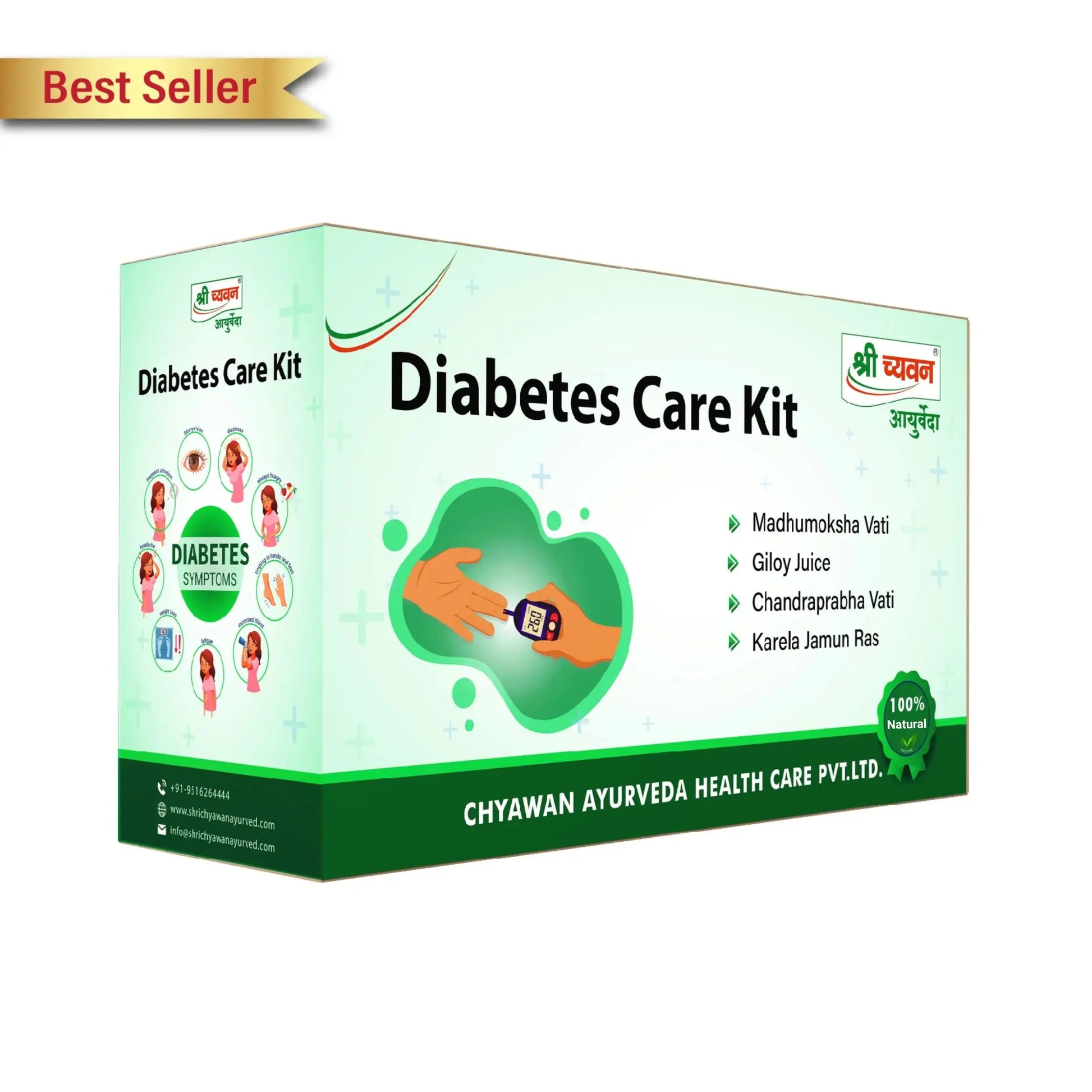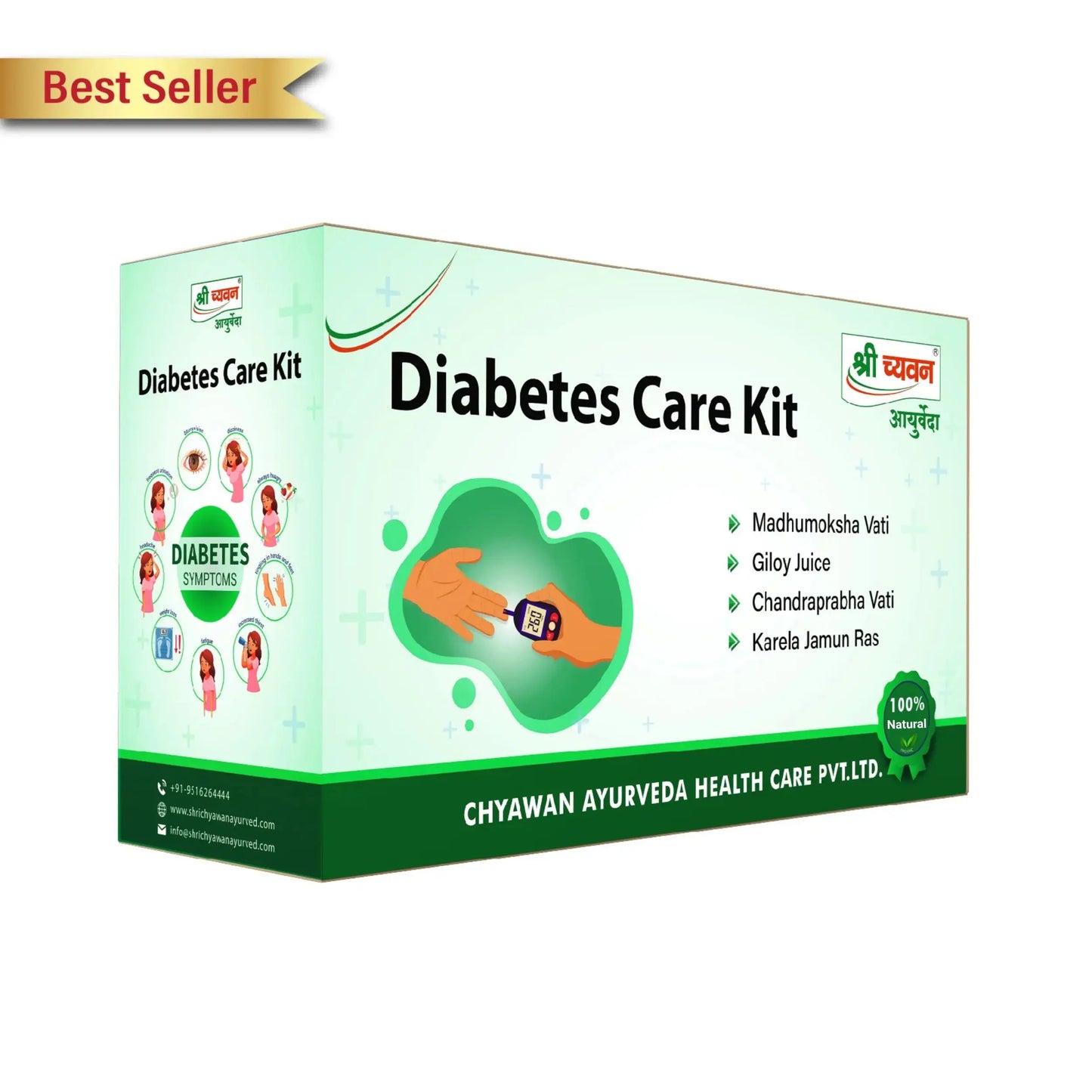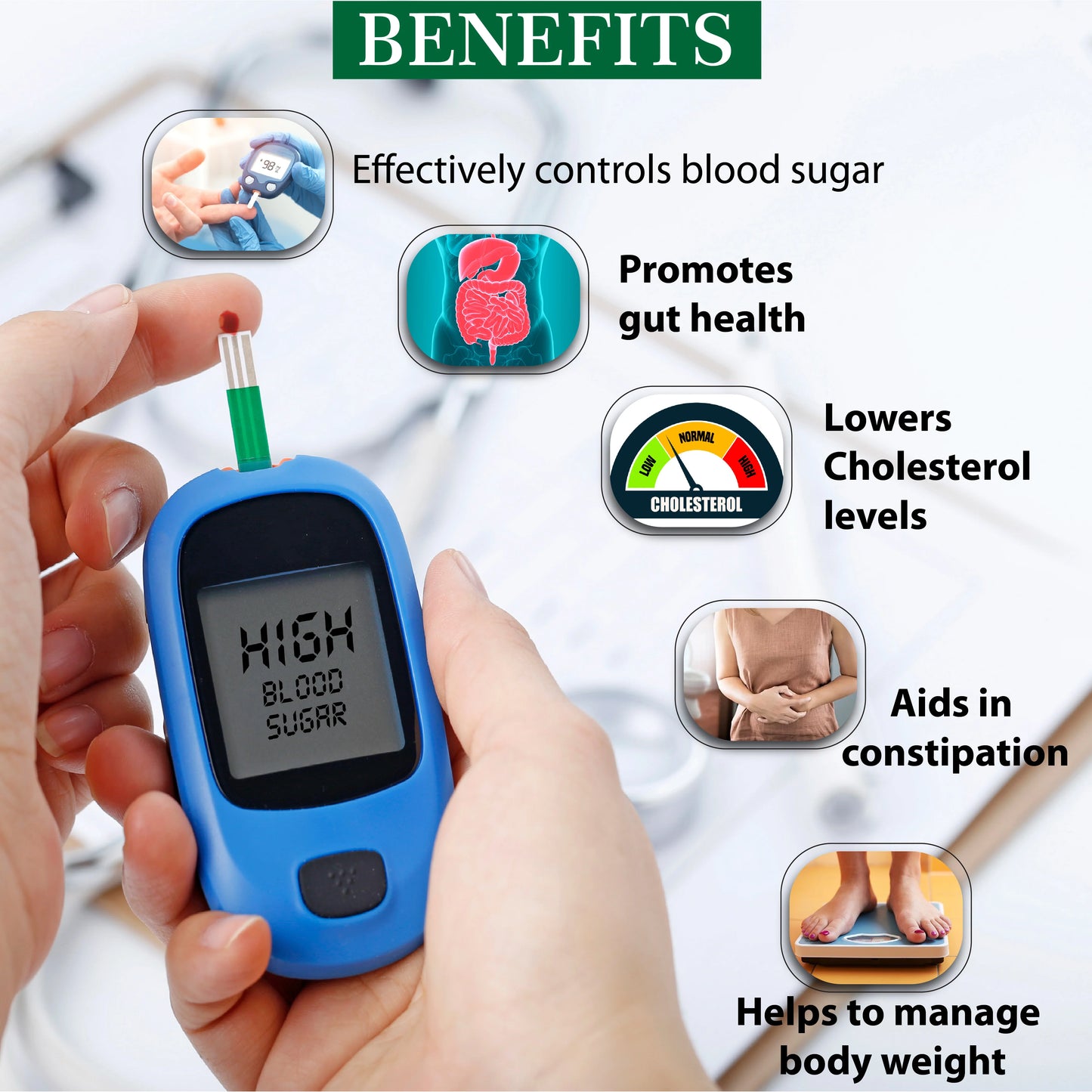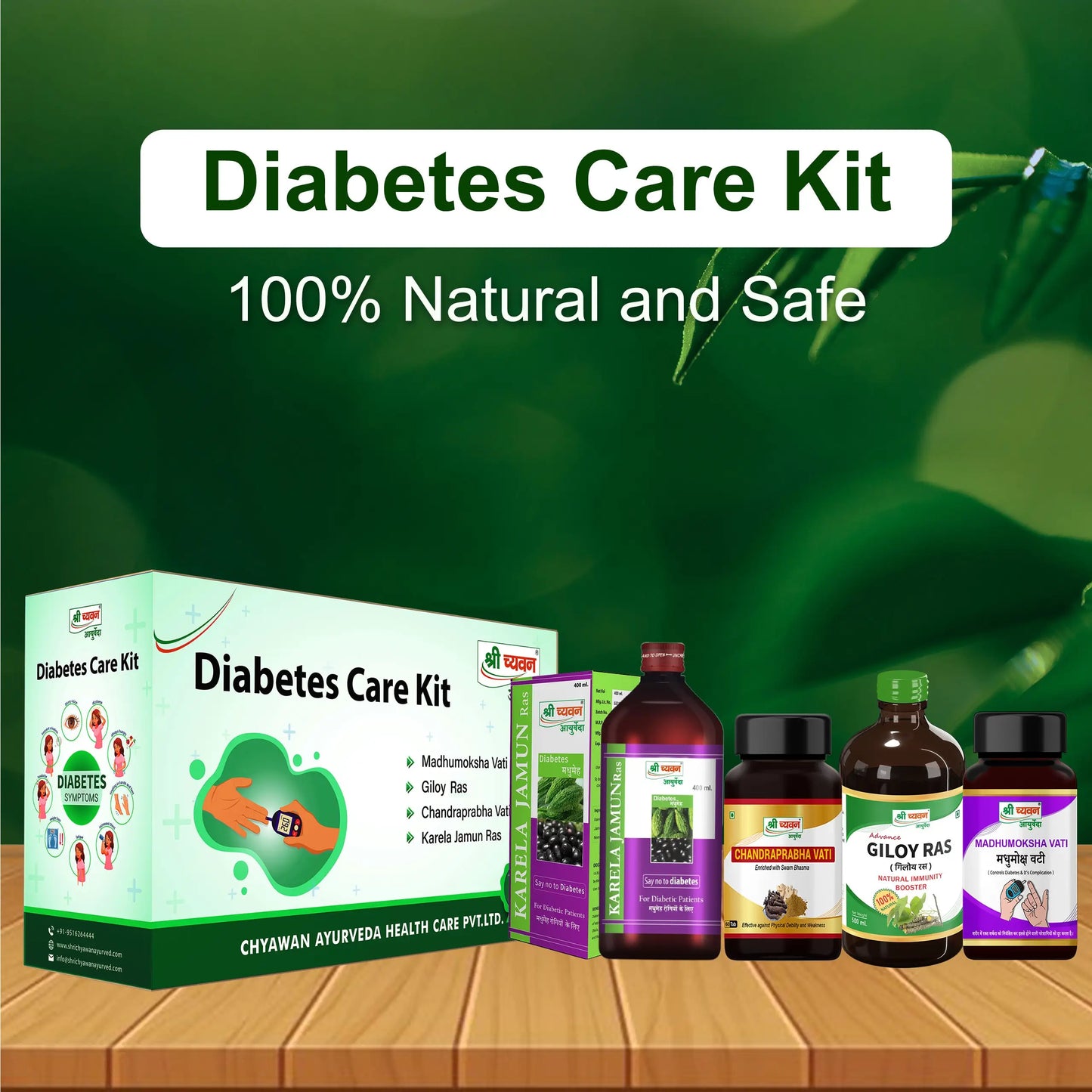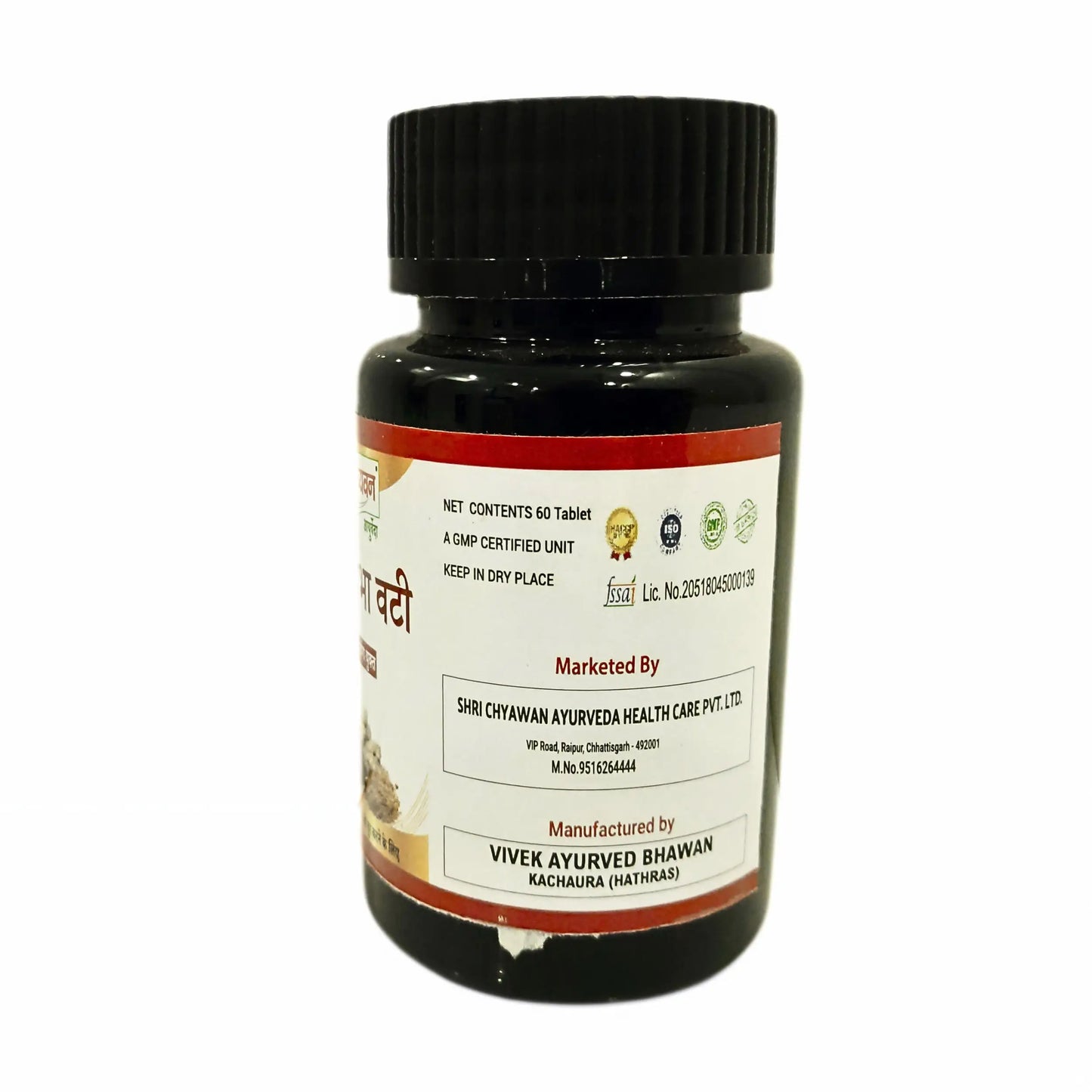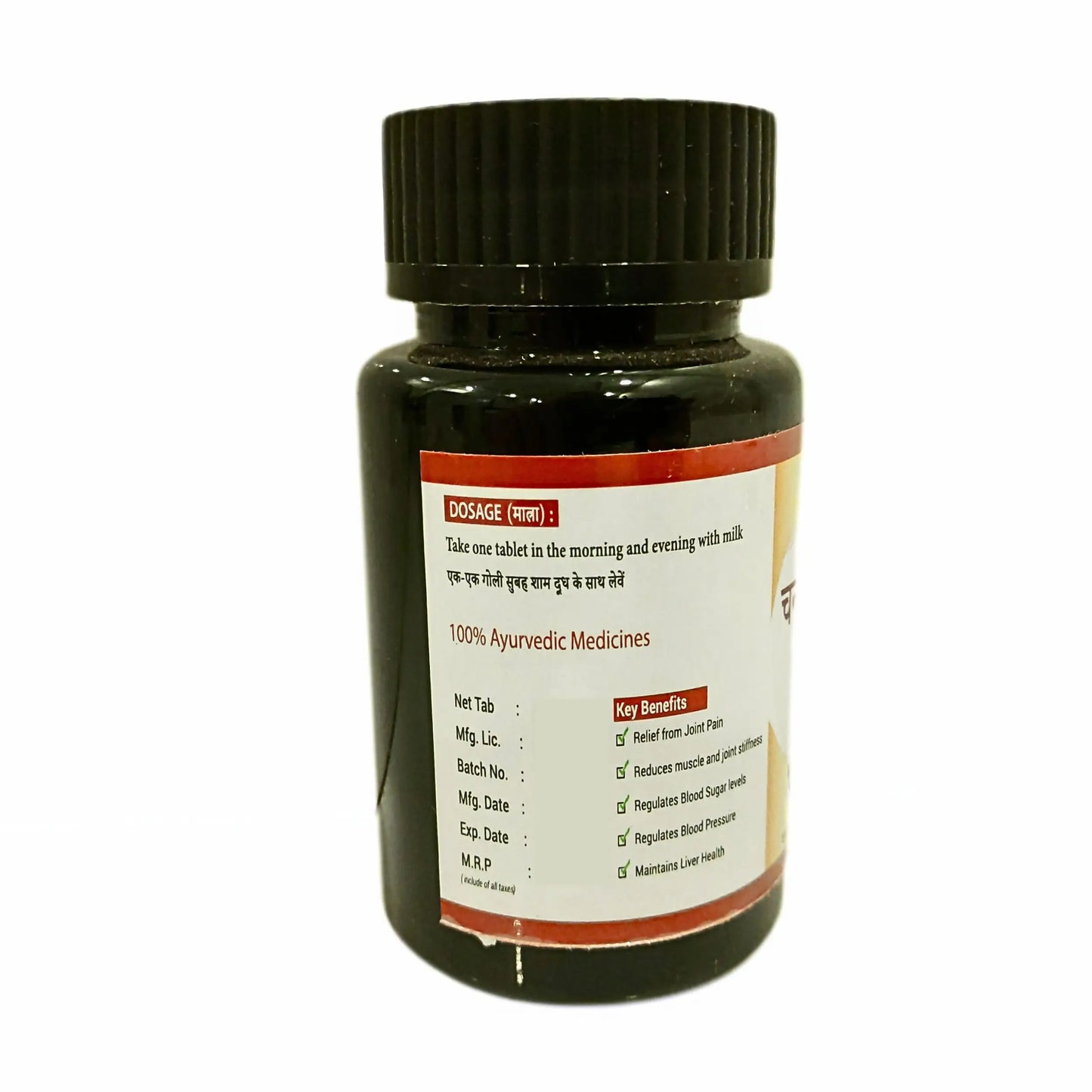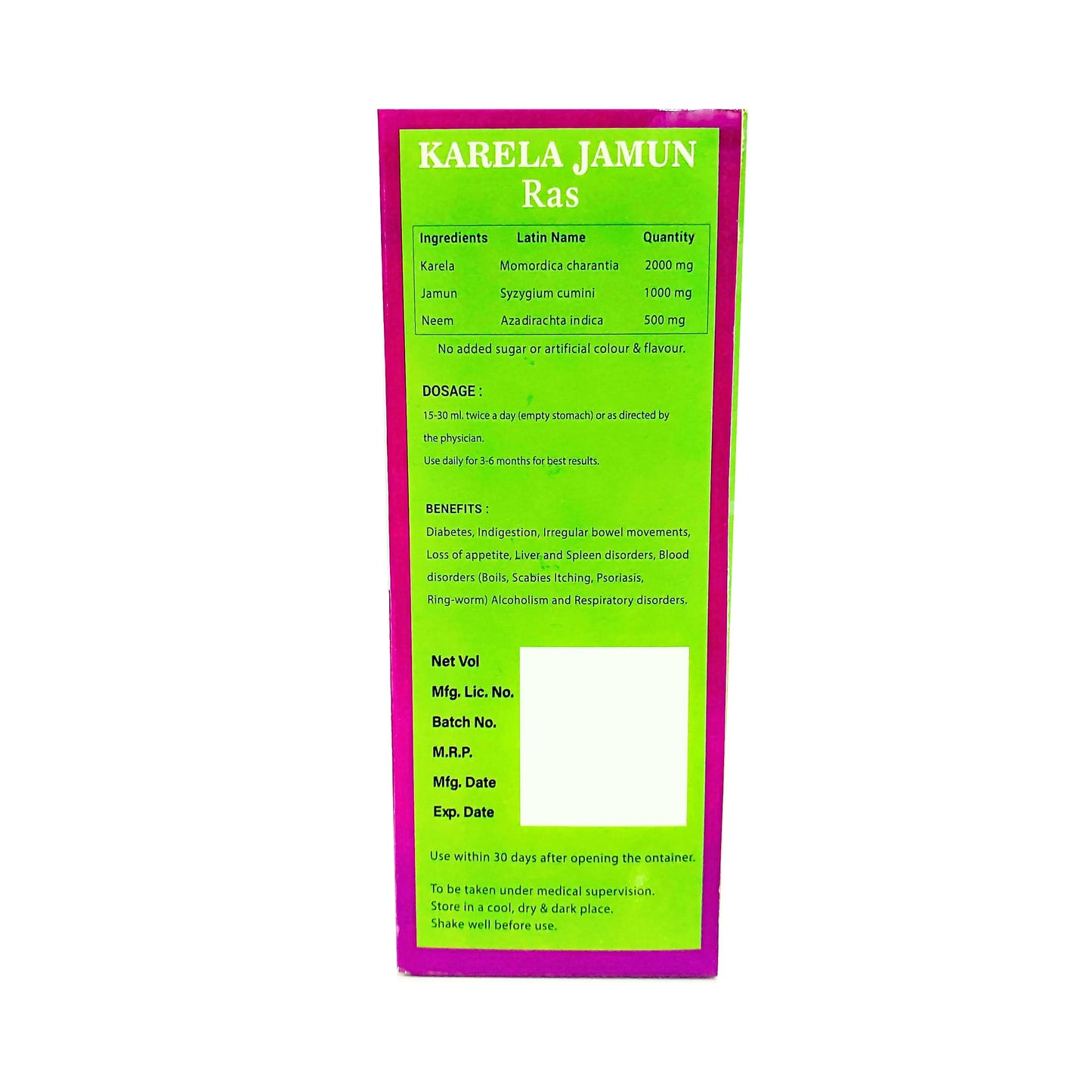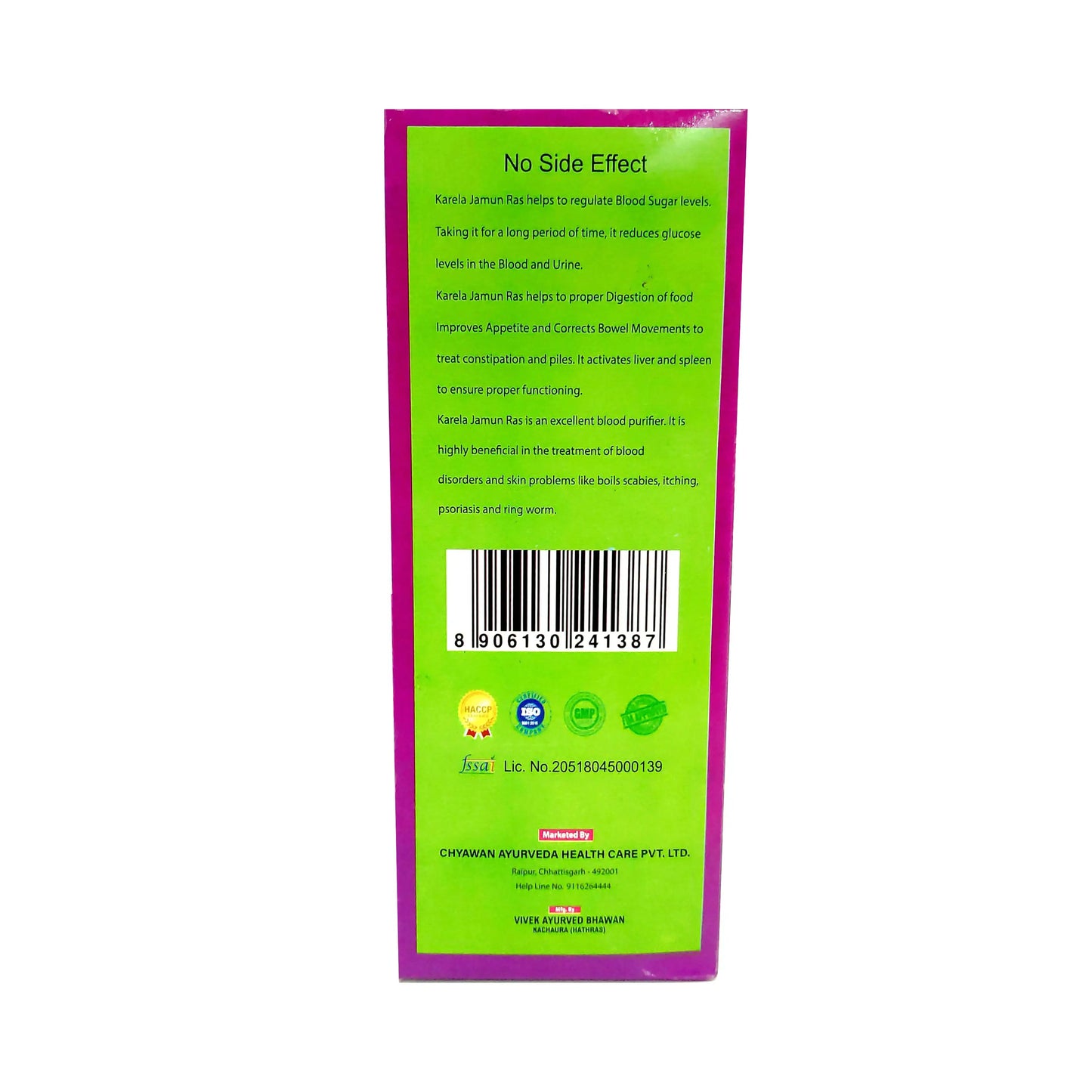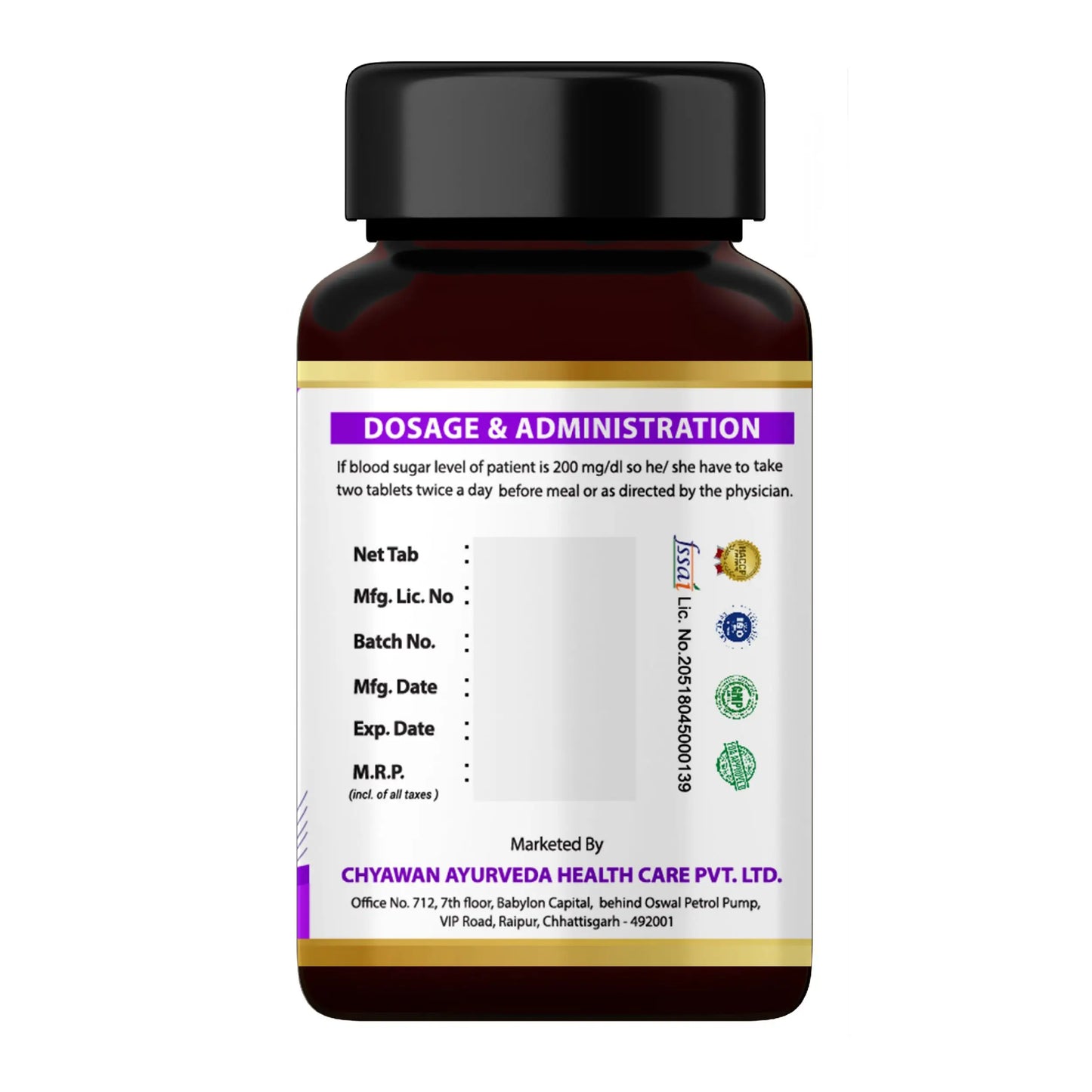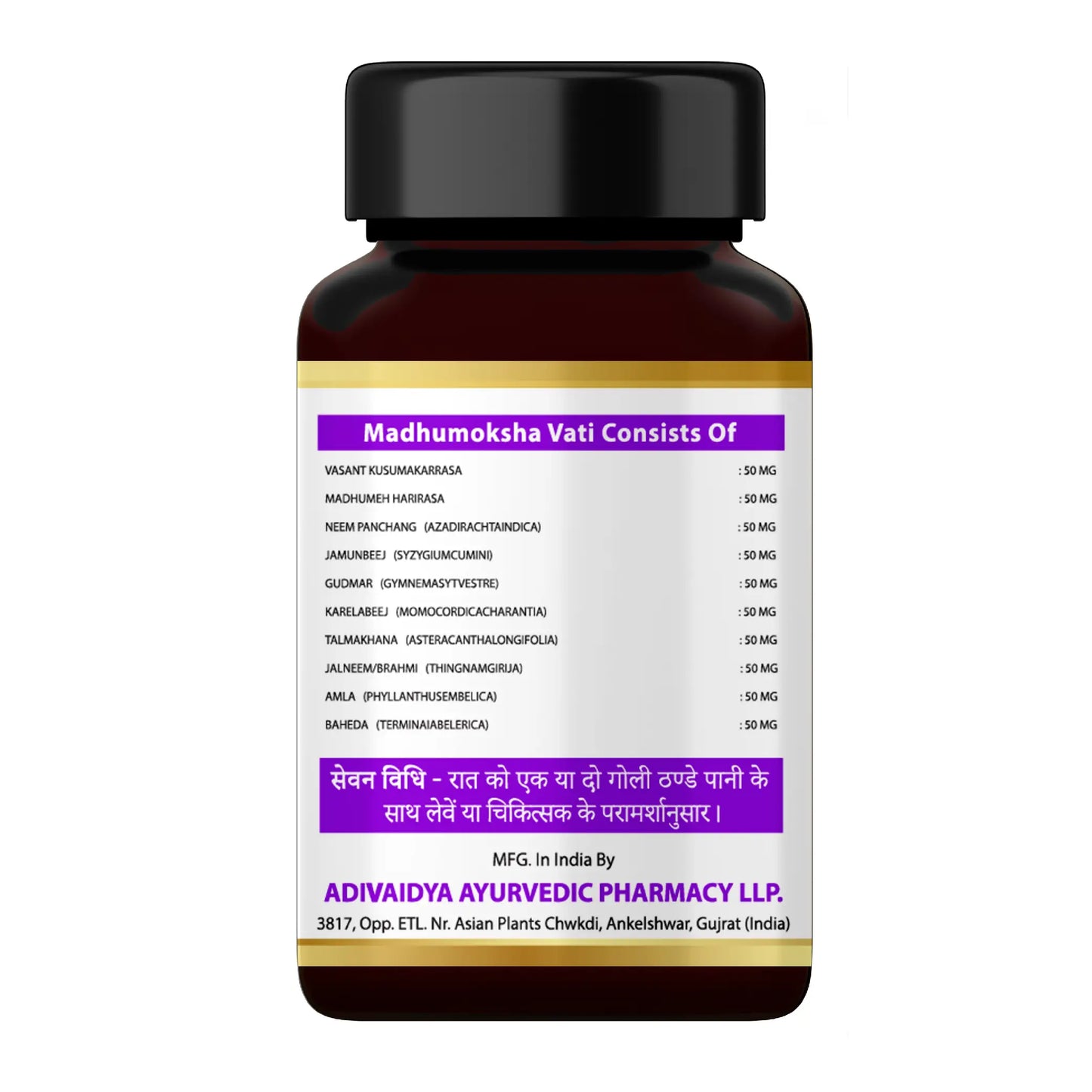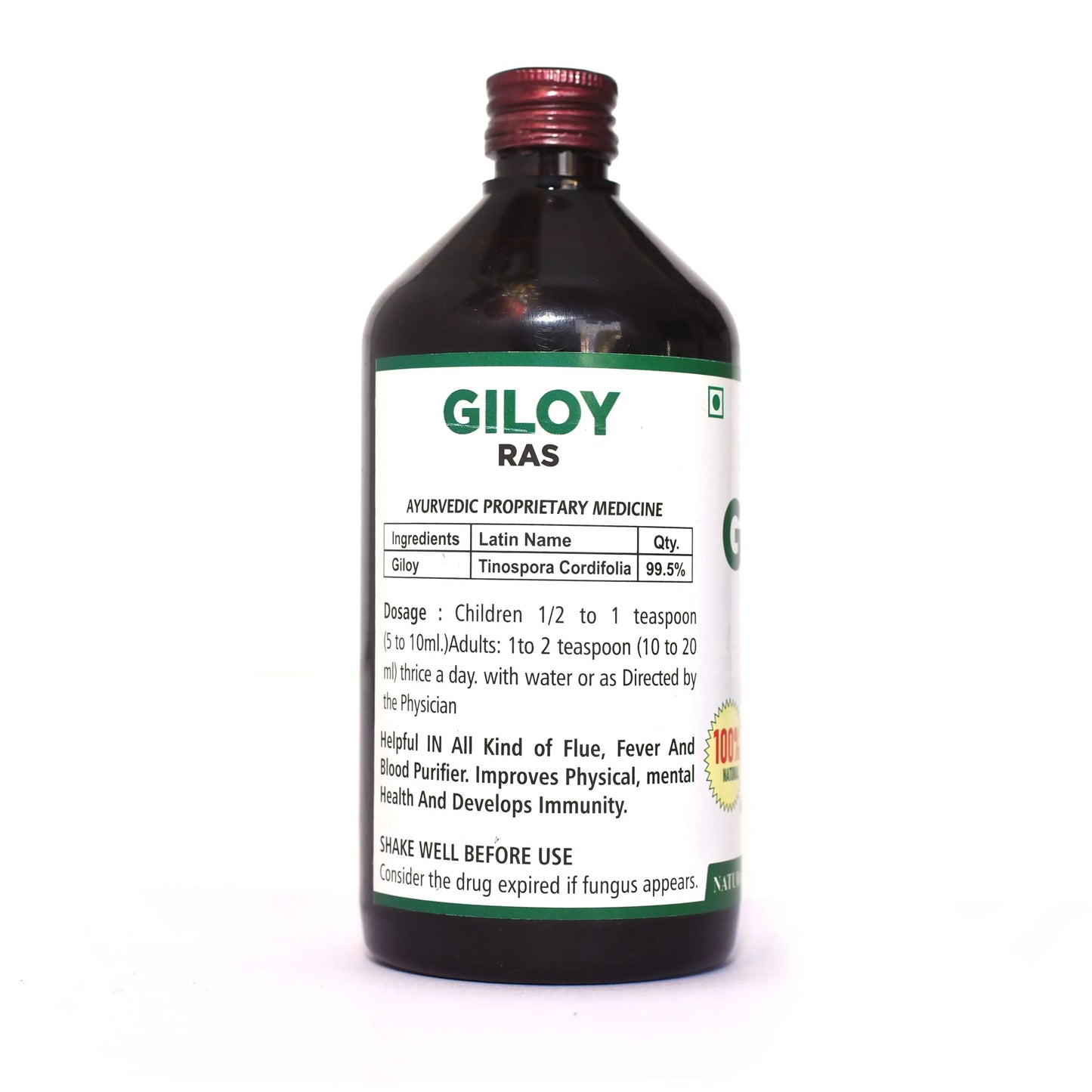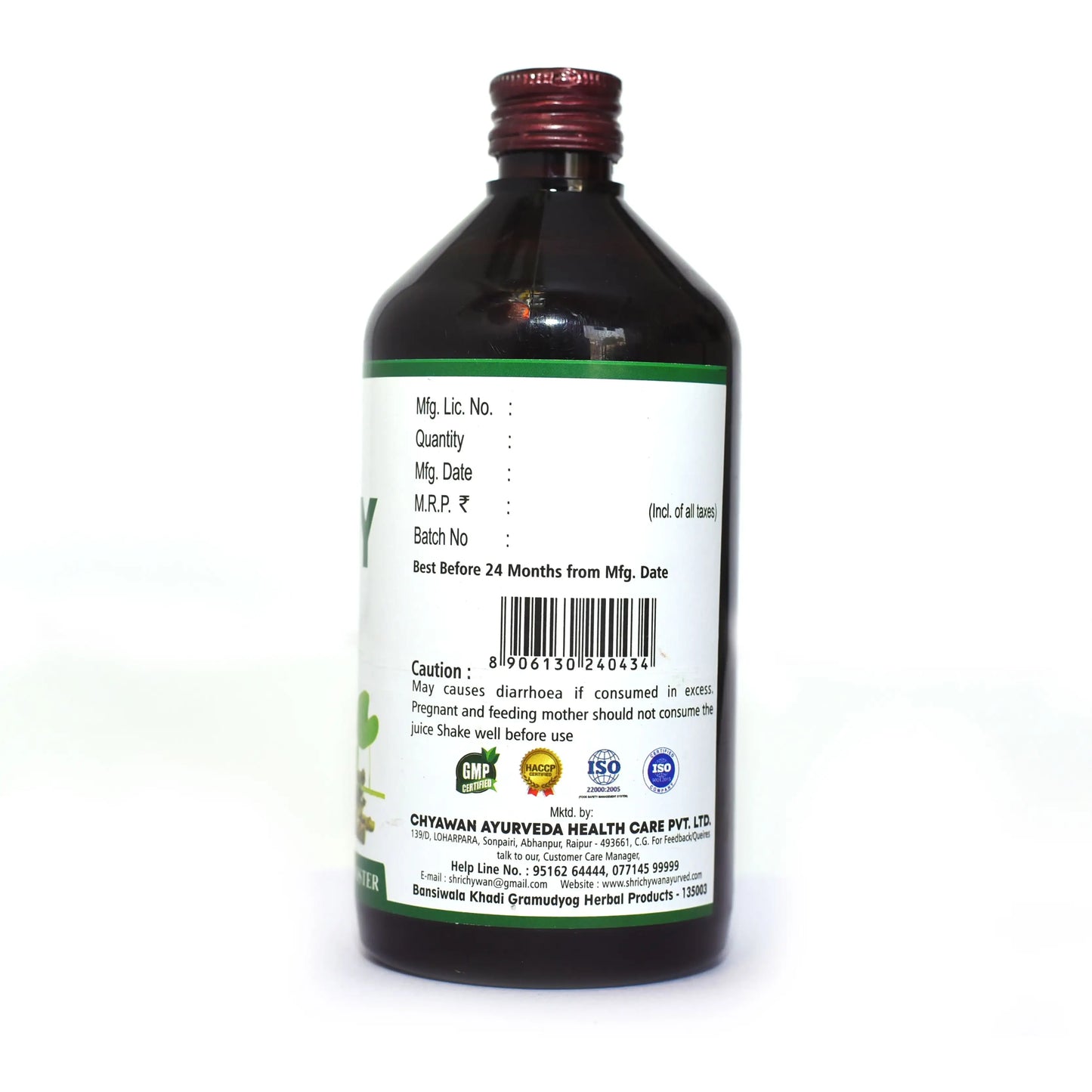Introduction: What is Low Blood Sugar Without Diabetes?
Low blood sugar, or hypoglycemia, isn’t exclusive to diabetes. It occurs when blood glucose levels drop too low, causing symptoms like dizziness, fatigue, and confusion. In non-diabetics, it can result from factors like diet, medications, or underlying conditions. Understanding its causes and management is essential for maintaining good health.
Symptoms of Low Blood Sugar
Causes of Non-Diabetic Hypoglycemia
1. Reactive and Fasting Hypoglycemia
- Reactive Hypoglycemia occurs after meals, when the body produces too much insulin, causing blood sugar to drop too low.
- Fasting Hypoglycemia happens after long periods without food, as the body runs low on glucose reserves.
Imbalances in hormones like insulin, cortisol, or glucagon can interfere with normal blood sugar regulation, leading to hypoglycemia.
- Alcohol can cause blood sugar to drop, especially if consumed on an empty stomach.
- Certain medications (such as those for heart disease or infections) can affect blood sugar levels.
- Health conditions like liver disease, kidney disorders, or hormonal disorders can also trigger low blood sugar in non-diabetics.
Risk Factors for Non-Diabetic Hypoglycemia
- Dietary habits: Irregular eating, skipping meals, or consuming high-carb foods can trigger low blood sugar.
- Physical activity: Excessive exercise without proper nutrition can cause glucose levels to drop.
- Medications: Some medications, like beta-blockers or antibiotics, can increase the risk of hypoglycemia.
- Health conditions: Liver or kidney disease, hormonal imbalances, and certain gastrointestinal disorders can contribute.
- Alcohol consumption: Drinking alcohol, especially on an empty stomach, increases the risk of hypoglycemia.
Diagnosis of Non-Diabetic Hypoglycemia
Diagnosis typically involves measuring blood sugar levels during symptoms. A healthcare provider may recommend blood tests to rule out other conditions, and track patterns through fasting tests or glucose tolerance tests. Identifying triggers and reviewing medical history is also important for an accurate diagnosis.
Management and Prevention of Non-Diabetic Hypoglycemia
- Dietary adjustments: Eat regular, balanced meals with complex carbs, protein, and healthy fats to stabilize blood sugar.
- Avoid long periods of fasting: Eat smaller, more frequent meals to prevent blood sugar drops.
- Limit alcohol: Drink in moderation and avoid alcohol on an empty stomach.
- Exercise carefully: Maintain a consistent exercise routine with proper fueling before and after workouts.
- Monitor blood sugar: Regularly check blood glucose levels to catch any drops early and adjust habits accordingly.
When to Seek Medical Help
Seek medical help if you experience frequent or severe symptoms of low blood sugar, such as confusion, fainting, or seizures. Also, consult a doctor if lifestyle changes don't improve your condition, or if you suspect an underlying health issue is causing hypoglycemia.
Shri Chyawan's Ayurvedic Solution
Our ayurveda experts have formulated an ayurvedic medicine for diabetics - Diabetes Care Kit. It helps to control your blood sugar levels. This Ayurvedic medicine is meticulously crafted to assist in maintaining balanced blood sugar levels, promoting overall well-being through natural ingredients.
Shri Chyawan Diabetes Care Kit
The Kit contains four types of ayurvedic medicine that play a major role in the management of blood sugar levels:
- Madhumoksh Vati
- Chandraprabha Vati
- Karela & Jamun Ras
- Giloy Juice
1. Madhumoksh Vati - Shri Chyawan Ayurveda's Madhumoksh Vati Supports healthy blood sugar levels in the body and removes the problems caused by it.
Ingredients: The main ingredients used in Madhumoksh Vati are vasant kusumakarra, madhumeh harirasa, neem panchang, jamun beej, gudmar, karela beej, talmakhna, jalneem, amla, and baheda.
How To Use: If blood sugar level of patient is 200mg/dl, then he/she is required to take 2 tablet, twice a day, before meal or as directed by the physician.
2. Chandrabha vati - Shri Chyawan Ayurveda's Chandraprabha vati Supports healthy uric acid levels and may contribute to overall wellness.
Ingredients: It consists of Amla, Sandalwood, Daruharidra, Devdaru, Camphor, Cinnamon, and Pipal.
How To Use: Consume 1 tablet at night before going to bed. or as Directed by the Physician.
3. Karela Jamun Ras - Shri Chyawan Karela Jamun Ras supports metabolic health and may contribute to balanced blood sugar levels in the body and Jamun contains jamboline and jambosine, which are believed to support metabolic health.
Ingredients: The main ingredients of this juice/ras are Karela and Jamun juice.
How To Use: Consume 10ml, twice a day, after 1 hour post lunch and dinner or as Directed by the Physician.
4. Giloy Ras: Giloy Ras is an herbal and ayurvedic supplement known for its potential health benefits, including supporting overall well-being and Supports healthy blood sugar levels in the body.
Ingredients: It consists of juice extracted from Giloy.
How To Use: For children 5ml-10ml,
For adults, 10ml-20ml, thrice a day. or as Directed by the Physician.
Conclusion
Non-diabetic hypoglycemia can significantly impact your health if left unmanaged, but with the right approach, it can be controlled. By understanding its causes, recognizing symptoms early, and adopting proper dietary and lifestyle changes, you can reduce the risk of low blood sugar episodes. If symptoms persist or worsen, seeking medical advice is crucial for effective management and to rule out underlying conditions. Prioritize your health and take proactive steps to keep your blood sugar levels balanced.
Free Consultation with our Expert Doctor- 📞📞 95162 64444




